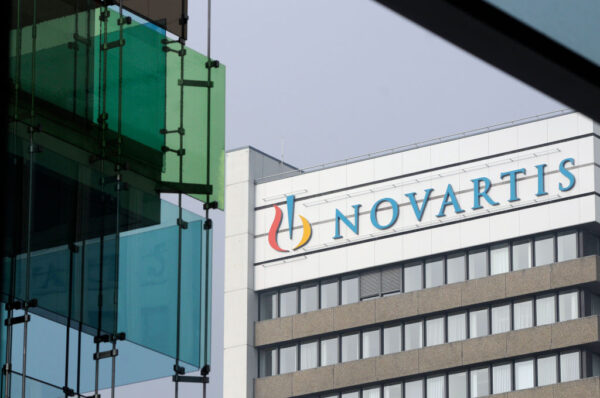
The FDA has approved a Novartis drug for chronic spontaneous urticaria (CSU), providing patients an oral treatment alternative to currently available injectable medications. The regulatory decision also makes the new Novartis product the first drug of its type for this rare skin disease.
In CSU, patients develop chronic urticaria, or hives, that last for six weeks or longer. The cause of these hives is not known, but it’s thought to stem from dysregulation of immune cells. Excessive activity of a protein called Bruton’s tyrosine kinase (BTK) plays a role in activating a type of immune cell called a B cell. Novartis’s remibrutinib, brand name Rhapsido, is a BTK inhibitor.
The Tuesday regulatory approval of Rhapsido makes the twice-daily pill the first BTK inhibitor approved for CSU. BTK inhibitors first reached patients as cancer treatments. B cells drive certain blood cancers, so BTK inhibition offers a way to treat these malignancies. The role that B cells play in inflammation opened the door to the potential application of BTK inhibitors to immunological disorders.
Rhapsido was discovered and developed by Novartis. The FDA submission for the molecule was based on two placebo-controlled Phase 3 studies that enrolled CSU patients who remained symptomatic despite treatment with second-generation H1 antihistamines. The 12-week studies posted statistically significant results on measures such as itch, hives, and urticaria activity. The most common adverse events included nasal congestion, sore throat, runny nose, and bleeding.
According to Novartis, 1.7 million people in the U.S. live with CSU and more than half of them remain symptomatic despite increasing doses of antihistamines. For patients whose CSU does not adequately respond to antihistamines, the next treatment option is Xolair, an injectable Roche antibody drug that blocks a receptor involved in allergic and immune responses. Earlier this year, the blockbuster Sanofi and Regeneron Pharmaceuticals drug Dupixent expanded its label to include second-line treatment for CSU. This antibody drug is also administered by injection.
In Novartis’s announcement of Rhapsido’s approval, Dr. Giselle Mosnaim, an allergist and immunologist from Endeavor Health and a professor at the University of Chicago Pritzker School of Medicine, said the Novartis drug quickly reduces symptoms, offering control of hives and itching. Mosnaim, who was also an investigator in Rhapsido’s clinical trials, described the drug’s approval as an important development for CSU care.
“This is significant because it expands beyond existing injectable treatments and gives patients an oral option that can easily be incorporated into their daily lives,” she said.

The Power of One: Redefining Healthcare with an AI-Driven Unified Platform
In a landscape where complexity has long been the norm, the power of one lies not just in unification, but in intelligence and automation.
CSU is Dupixent’s seventh FDA-approved immunology indication. Novartis has similar ambitions for Rhapsido, but as an oral option. The Swiss pharma giant has clinical trials underway evaluating the molecule as a treatment for chronic inducible urticaria, food allergy, and hidradenitis suppurativa. Meanwhile, regulatory submissions for Rhapsido in CSU are still under review in several markets including the European Union, Japan, and China.
Photo: Sebastien Bozon/AFP, via Getty Images








